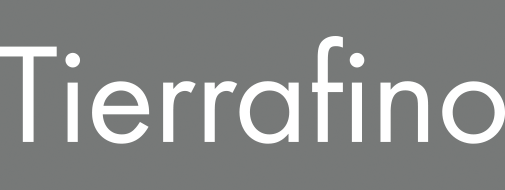Pavilion ‘Het Raathuis’
A new, intimate, inspiring, educational location with the theme “The BEE” in the Fruit Garden of West in Amsterdam.
‘The Raathuis’ can be used and used – and can be rented for various small-scale nature experience-related cultural activities. For instance as an “artist in residence” and or as a wedding location.
To rent ‘Het Raathuis’, please contact the Fruittuin van West
Biobased Construction Living Lab
‘Het Raathuis’ was commissioned by the Fruittuin van West as a kick-off for the construction of a number of thematic biobased pavilions to be realized in the setting of a ‘Biobased Construction Pilot Garden’.
The Cord Wood Technique
The pavilion was built with Cut-off wood from the Cord Wood technique and with the principles of ZERO WASTE.
The Cord Wood technique is originally a natural construction method in which short logs are stacked crosswise in a “natural” mortar mixture to build walls. This technique uses local materials at minimal cost. The recycled apple juice bottles from the Fruittuin, which have been incorporated into the back wall, were collected during the construction process to create a unique pattern with a special incidence of light in the pavilion.
The BEE
The Beehive of ‘Het Raathuis’ has been constructed mid 2020. The intention is to create a nesting place for the solitary bees and wasps that normally nest underground and are threatened with extinction with a substrate of sandy clay (loamy sand).
Stadshout Amsterdam
Stadshout Amsterdam (Citywood Amsterdam)w as responsible for the design and execution of the construction, supplied wood for the skeleton, residual wood for the construction of the walls, plus the sawdust for the composition of the mortar mixture, as extra insulation for the clay walls. Wood shavings were used as intermediate wall insulation.
The Foundation “Stadshout Amsterdam” processes felled trees from the city of Amsterdam in a sustainable and ecological way, and gives the trees a new purpose in their own city.
Ode to the Poplar
Tierrafino Clay
Bioseal
Together with partner Impershield a bioseal coating was developed by Tierrafino to be able to impregnate the outer walls of the ‘Raathuis’ to make them water resistant. Based on centuries old recipes, knowledge conceived and applied by the South American Maya, Impershield and Tierrafino are developing new recipes for providing natural bioseal waterresistant coatings and additives for natural clay plasters and paints.
Insulation material
The roof and foundation of ‘Het Raathuis’ are insulated
with HempFlax by Eco-logisch, (online) department store
for ecological building & living in Amsterdam. eco-logisch.nl
Printing
The printing company that thinks green, acts sustainably and breathes printing
is the sponsor of the printed matter. debij.nl
Audiovisual design
Mirjam Brunke: hydrologist, photographer and filmmaker filmed part of the construction process as part of her latest documentary about sustainable projects in the city of Amsterdam.
miriambrunke.com
Community Building / Workshops
Stadshout (Amsterdam) and Tierrafino Clay supported all participants during the public workshops in teaching the Cord Wood technique and building the wood clay walls of ‘Het Raathuis’.
Thanks to all participants for their energetic efforts and results!
Thanks also to our inspiration mascots the Masonry / Earth Bees!
Sponsors
Stadshout Amsterdam, Tierrafino Clay and the sponsors who contributed to this project have a mission to make an essential contribution to a beautiful, healthy and environmentally friendly living environment. This mission is in line with the ideological character of the Fruittuin van West.
……

